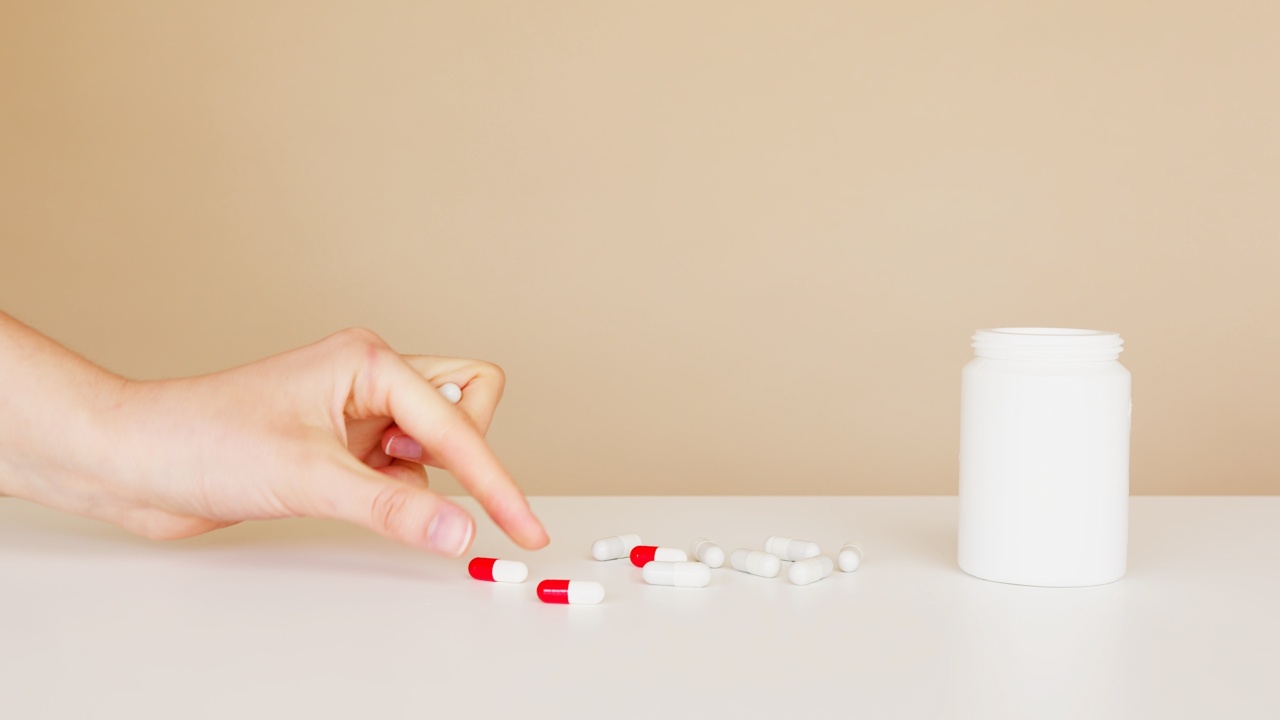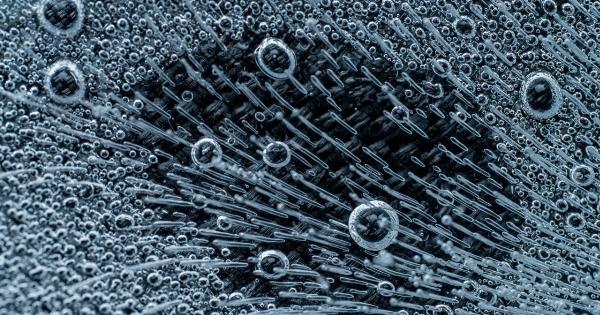One of the most common causes of adult disability and death worldwide is a stroke. The good news is that several risk factors for stroke can be modified, including lifestyle choices, such as diet and nutrition.
Among the preventive measures that can significantly decrease the likelihood of developing a stroke is Vitamin intake.
What is a Stroke?
A stroke occurs when a part of the brain’s blood supply gets cut off and brain cells start dying due to lack of oxygen and nutrients. There are two primary types of stroke:.
- Ischemic Stroke — whereby a blood clot or fatty deposits in the artery blocks the blood flow to the brain.
- Hemorrhagic Stroke — which occurs when a blood vessel in the brain bursts and leads to bleeding inside the brain.
How Vitamin Intake Can Help Prevent Stroke
Research suggests that a healthy diet can significantly reduce the risk of developing a stroke. Proper nutrition, including the essential vitamins that the body needs, can be linked to better brain health and reduced risk of stroke.
Vitamins that Can Help Prevent Stroke
Some vitamins that have demonstrated the link with stroke prevention include:.
Vitamin D
This vitamin helps with bone health, but taking adequate amounts may help in reducing the risk of stroke.
Research suggests that vitamin D can reduce inflammation and regulate blood pressure and glucose levels, therefore reducing the risk of cardiovascular diseases that may cause stroke.
Vitamin C
Vitamin C is a potent antioxidant that helps in fighting free radicals in the body that can cause damage to cells, including those in the brain. Evidence suggests that Vitamin C may reduce the risk of stroke, especially in elderly women.
Vitamin E
Vitamin E is another antioxidant that has been linked with reduced risk of stroke. Some research suggests that taking adequate amounts of Vitamin E can prevent blood clots, thus reducing the risk of ischemic stroke.
Vitamin B6, B12, and Folate
Vitamins B6, B12, and Folate are essential for maintaining a healthy nervous system and brain function. Studies suggest that deficiencies may lead to increased homocysteine levels which is connected to an increased risk of stroke.
Taking adequate quantities of these vitamins might reduce the risk of both stroke and dementia.
In Conclusion
Vitamin intake is essential, and while it might not be the only solution to preventing a stroke, it does play a significant role in brain health.
A healthy diet, along with regular physical activity, can reduce the risk of stroke and other chronic diseases, therefore leading to a healthy and fulfilled life.































